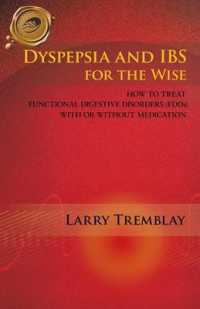- ホーム
- > 洋書
- > 英文書
- > History / World
基本説明
Features both US and Cuban perspectives to provide a complete and well-rounded perspective of the revolution and its repercussions.
Full Description
A History of the Cuban Revolution presents a concise socio-historical account of the Cuban Revolution of 1959, an event that continues to spark debate 50 years later. * Balances a comprehensive overview of the political and economic events of the revolution with a look at the revolution's social impact * Provides a lively, on-the-ground look at the lives of ordinary people * Features both U.S. and Cuban perspectives to provide a complete and well-rounded look at the revolution and its repercussions * Encourages students to understand history through the viewpoint of individuals living it * Selected as a 2011 Outstanding Academic Title by CHOICE
Contents
List of Illustrations viii
Series Editor s Preface x
Acknowledgments xii
Introduction 1 Talking about Freedom 2
Scholars Weigh In 4
Why Revolution? 6
Comparing Capitalism and Socialism 9
Latin American Attitudes 14
1 Cuba through 1959 18
Colonial History 18
The Colony in the Republic 25
Revolution: A War, or a Process? 34
2 Experiments with Socialism 44
Analyzing the Situation: Economic Backwardness 45
The 1960s: Experimentation and the Great Debate 48
The 1970s: Institutionalization and the Soviet Model 55
Democracy: U.S. and Cuban Style 56
Cuba in the 1970s: How it Worked 57
1986: Rectification 61
How Democratic was Cuban Socialism? 62
3 Relations with the United States 65
The United States and Cuba 66
In their Own Words: U.S. Policymakers Respond to Revolution 69
Covert War: Up to the Bay of Pigs 76
Covert War: After the Bay of Pigs 79
The Missile Crisis 82
After the Missile Crisis 85
The War Continues 86
4 Emigration and Internationalism 91
Miami 94
Cuba s Global Reach: Beyond the Cold War 97
Cuba and Black Internationalism 98
Cuba in Africa and Latin America 100
Civilian Aid Missions 103
5 Art, Culture, and Revolution 106
Literature 110
Film 116
Music 120
Sport 122
Dance 125
Political Culture 126
Food 131
6 Cuba Diversa 134
Race 135
Gender 141
Sexuality 144
Religion 149
7 The Special Period : Socialism on One Island 153
1993 95: Rapid-Fire Reforms 154
Social Impact of the Market Reforms 157
Limits to Capitalism 159
Charting New Territory 162
Contradictions: Inequality and Jineterismo 164
Opting to Leave: The 1994 Exodus 168
Debate and its Limits during the 1990s 171
8 Cuba into the Twenty-First Century 176
From Perfeccionamiento to Recentralization 177
Civil Society into the New Century 183
Disillusionment 186
Bush-Era Policies 188
Cuba, Venezuela, and the ALBA 189
Cuba after Fidel 190
Conclusion 193
Notes 196
Bibliography 214
Index 228








